Together, We Made This Year Matter
We travelled across many challenges. Still, challenge and innovation are what the transplant community faces every day.
A message from the ESOT President, Luciano Potena
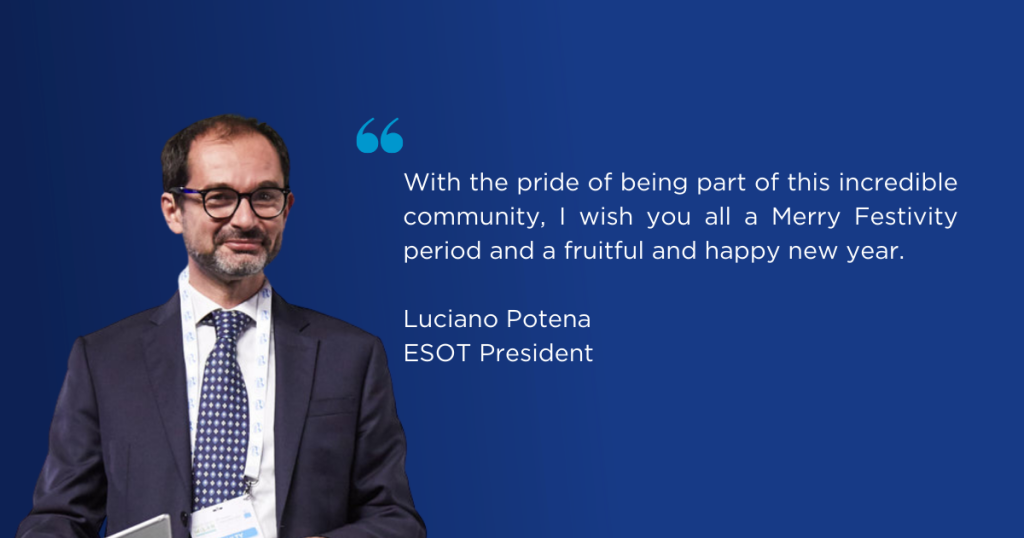

Together, We Made This Year Matter
We travelled across many challenges. Still, challenge and innovation are what the transplant community faces every day.

We are delighted to announce that the registrations for the 2023 edition of the HESPERIS Course are now open! The course consists of a 3-day in-person programme which includes lectures on hot topics in transplantation, guided group discussions and interactive case study presentations. In this dynamic and interactive live environment, participants will have the chance

A new opportunity for European young transplant professionals in the early stages of their careers who belong to the following categories: junior permanent members of staff, non-permanent staff trainees and people who are within 3 years of appointment for permanent staff.
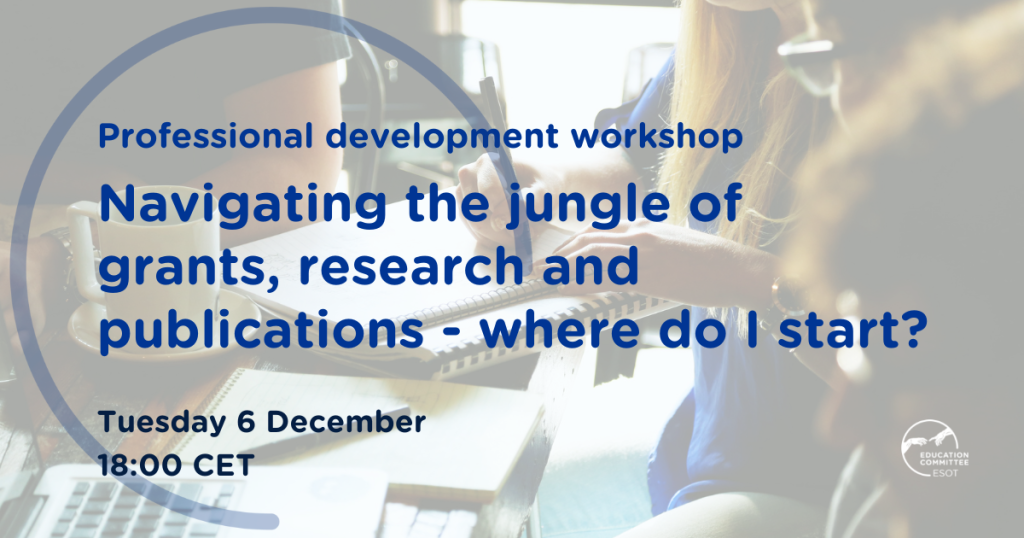
The new ESOT professional development series, 50 Minutes to grow your career, kicked off on 8 November with the first online workshop, How to best plan your career: Tips and tricks from the experts. The workshop was led by Liset Pengel and Muhammad Khurram, who moderated a lively discussion with panellists Giuseppe Feltrin, Anna Forsberg,
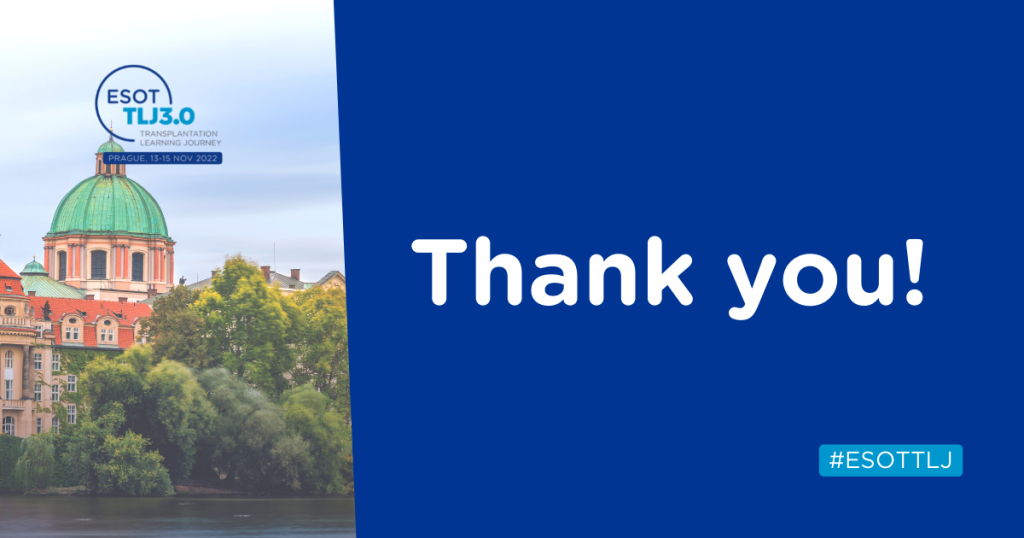
We would like to say a big thank you to everyone who joined us at ESOT TLJ 3.0 and supported us on our mission to transform the world of transplantation. Experts convened from across the globe to shape the future clinical pathway of transplantation for 9 major topics and came up with 21 recommendations to
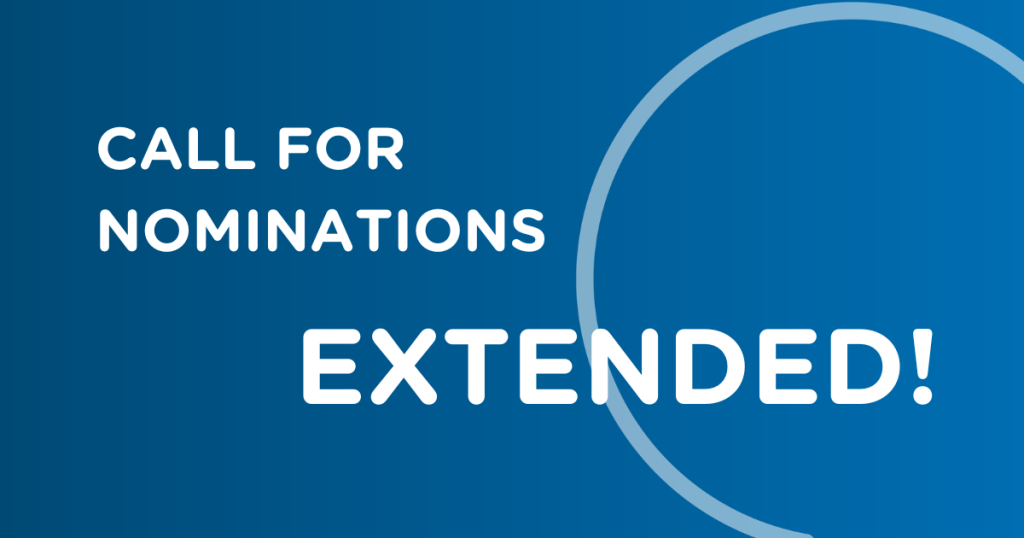
We are delighted to announce that the deadline to apply as an ETAHP board member has been extended: the new deadline is 4 December 2022. All ESOT/ETAHP affiliates are welcome to send nominations for these positions. In addition, you may nominate yourself or a colleague. The new ETAHP Board Members will hold office for four
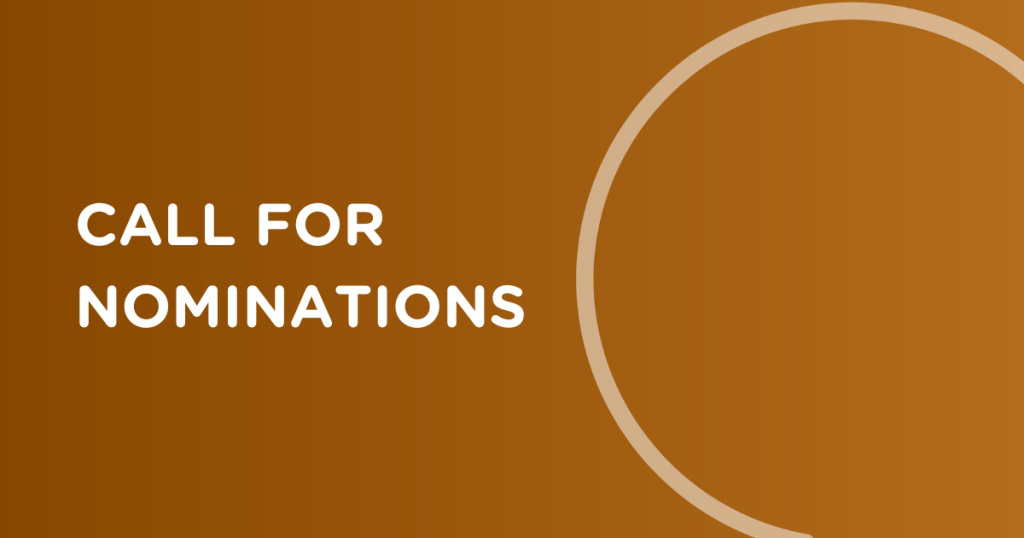
EPITA encourages applications from either diabetes physicians or nephrologists with an interest in Beta Cell Replacement Therapy or transplant surgeons.
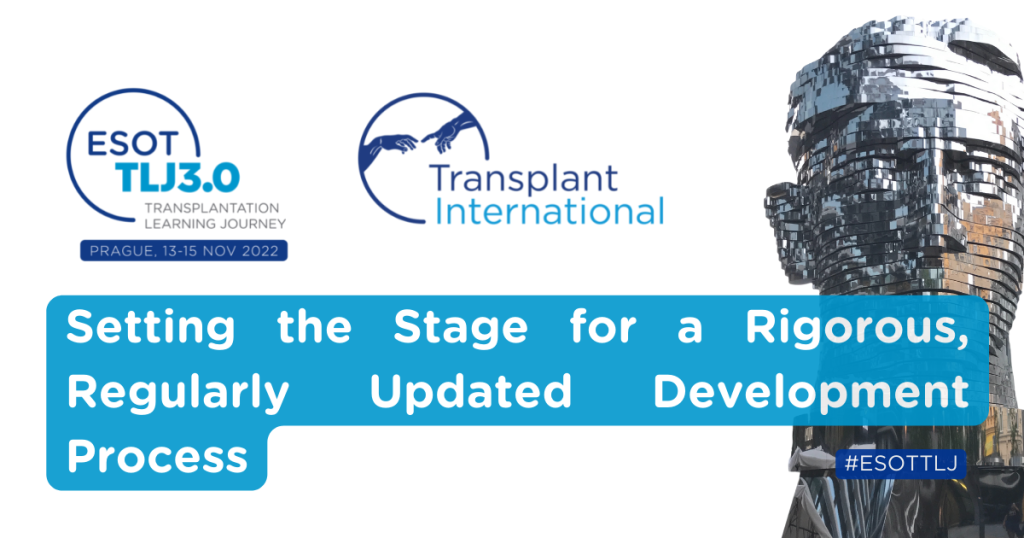
NEWLY PUBLISHED: 𝗘𝗦𝗢𝗧 𝗖𝗼𝗻𝘀𝗲𝗻𝘀𝘂𝘀 𝗣𝗹𝗮𝘁𝗳𝗼𝗿𝗺 𝗳𝗼𝗿 𝗢𝗿𝗴𝗮𝗻 𝗧𝗿𝗮𝗻𝘀𝗽𝗹𝗮𝗻𝘁𝗮𝘁𝗶𝗼𝗻: 𝗦𝗲𝘁𝘁𝗶𝗻𝗴 𝘁𝗵𝗲 𝗦𝘁𝗮𝗴𝗲 𝗳𝗼𝗿 𝗮 𝗥𝗶𝗴𝗼𝗿𝗼𝘂𝘀, 𝗥𝗲𝗴𝘂𝗹𝗮𝗿𝗹𝘆 𝗨𝗽𝗱𝗮𝘁𝗲𝗱 𝗗𝗲𝘃𝗲𝗹𝗼𝗽𝗺𝗲𝗻𝘁 𝗣𝗿𝗼𝗰𝗲𝘀𝘀

This series will provide expert advice and practical tips to support the personal and professional development of transplant professionals at all career stages. The topics of this series were selected based on the results of an educational needs assessment recently conducted by ESOT.
The European Foundation for the Study of Chronic Liver Failure (EF CLIF) is a private non-profit organization connecting biomedical researchers and healthcare professionals with each other, with patients and patient associations, and with society. The fundamental purpose of EF CLIF, reflected in its founding Statements of 2015, is to advance knowledge and promote research and